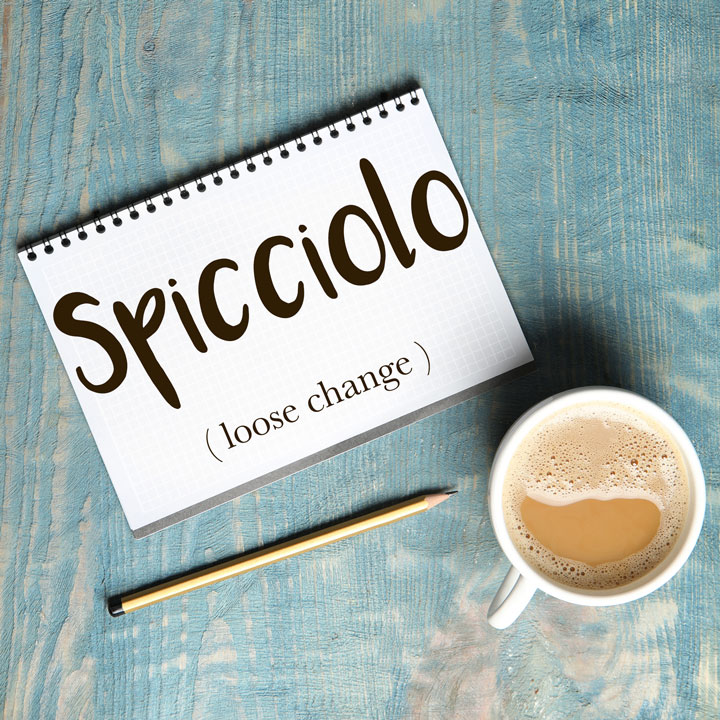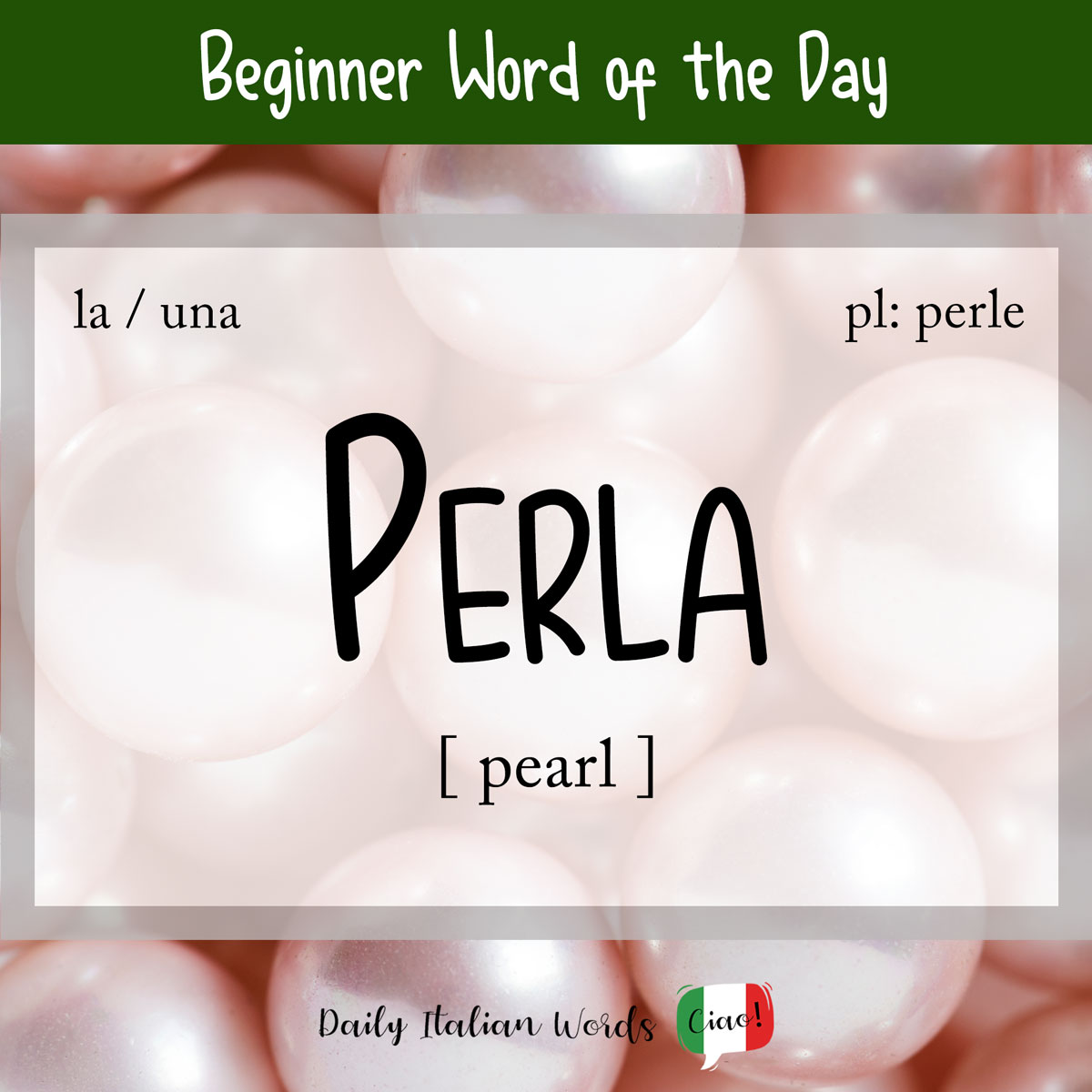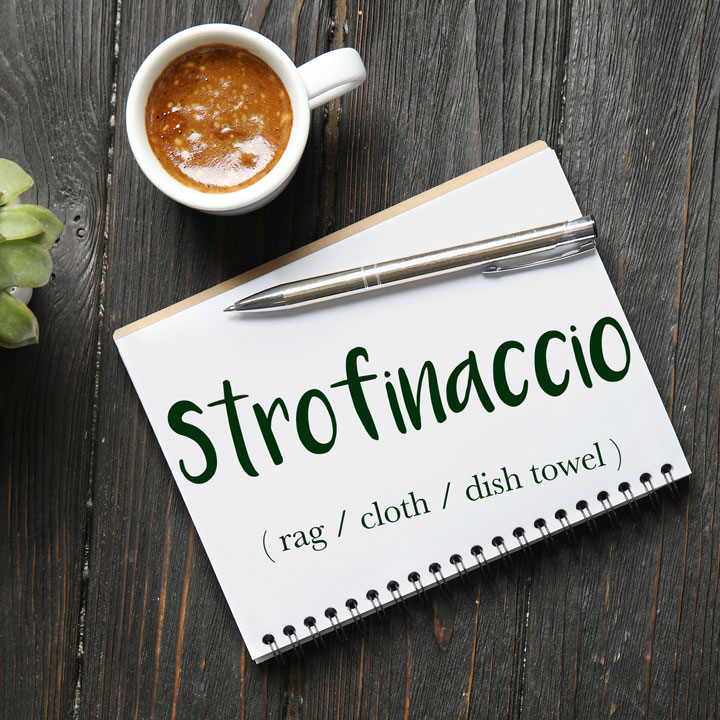Italian Word of the Day: Spicciolo (loose change)
Spicciolo (masculine, plural spiccioli) is the word for loose / spare / small change in Italian. It derives from the verb spicciolare which means to pick off or to change (a sum of money) into (a different currency or denomination). Hai qualche spicciolo da darmi? Do you have any spare change you can give me? …






